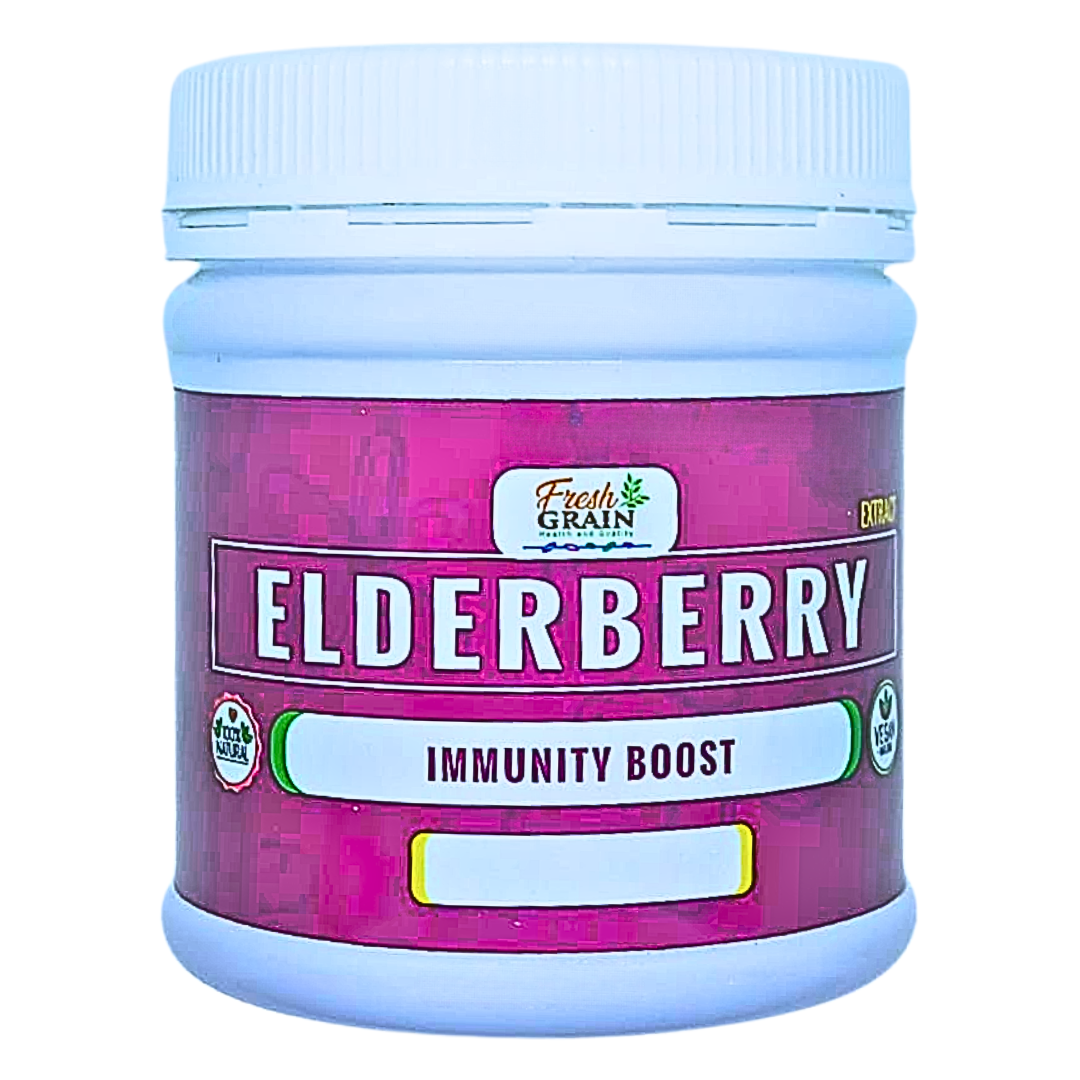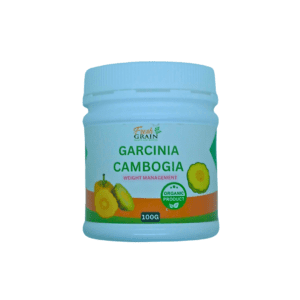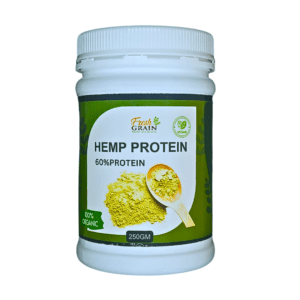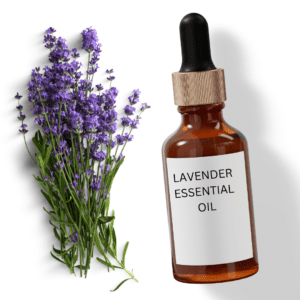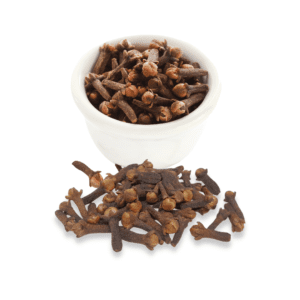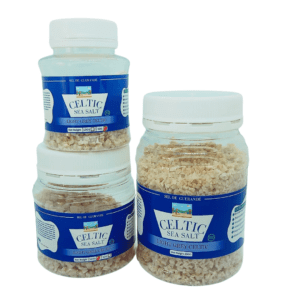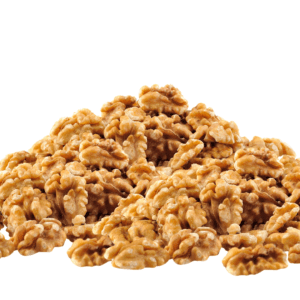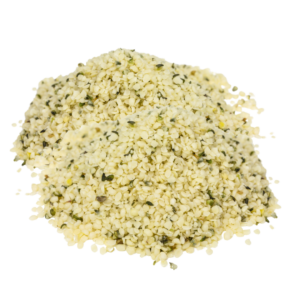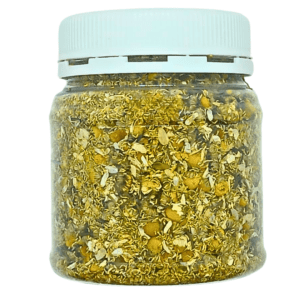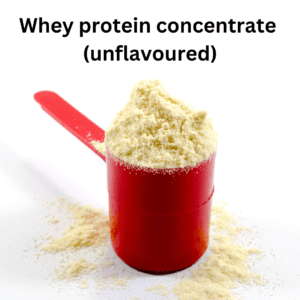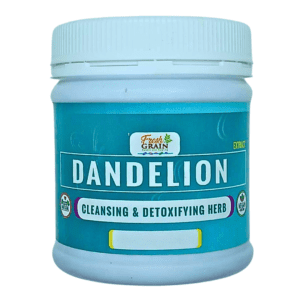Elderberry Extract Powder:
Description: Elderberry extract powder is derived from the berries of the elderberry plant (Sambucus nigra). Known for its rich purple-black color and distinct flavor, elderberries have been used for centuries for their potential health benefits. The extract is often concentrated to provide a convenient and potent form of elderberry for various applications.
Nutritional Breakdown: Elderberry extract powder is not particularly rich in vitamins and minerals but does contain various bioactive compounds:
- Antioxidants: Elderberries are packed with antioxidants, including flavonoids and anthocyanins, which play a role in combating oxidative stress and inflammation.
- Vitamins: While elderberries contain modest amounts of vitamins like vitamin C, they are not a primary source of essential vitamins.
Potential Benefits:
- Immune Support:
- Elderberry extract is renowned for its potential to support the immune system. Some studies suggest it may help reduce the severity and duration of cold and flu symptoms.
- Antiviral Properties:
- Certain compounds in elderberries may exhibit antiviral effects, potentially inhibiting the replication of viruses.
- Anti-Inflammatory Effects:
- The antioxidants in elderberries may have anti-inflammatory properties, contributing to overall health.
- Cardiovascular Health:
- Elderberry extract may offer cardiovascular benefits by promoting healthy cholesterol levels and reducing oxidative stress.
- Respiratory Health:
- Traditionally used for respiratory health, elderberry extract may help alleviate symptoms of respiratory infections.
How to Use Elderberry Extract Powder:
- Elderberry Syrup:
- Create a homemade elderberry syrup by mixing elderberry extract powder with water, honey, and other ingredients. Take it by the spoonful for immune support.
- Smoothies and Beverages:
- Incorporate elderberry extract powder into smoothies, juices, or other beverages for added flavor and potential health benefits.
- Teas:
- Enhance the flavor and potential health benefits of hot or cold teas by adding elderberry extract powder.
- Baking:
- Include elderberry extract powder in baking recipes such as muffins, energy bars, or granola for both nutritional content and a fruity flavor.
- Homemade Gummies:
- Make immune-boosting gummies by combining elderberry extract powder with gelatin or other gelling agents.
- Oatmeal or Yogurt Toppings:
- Sprinkle elderberry extract powder on oatmeal, yogurt, or cereal to infuse a hint of berry flavor and potential health benefits.
- How to Use:Powder:
- Initial Dosage:
- Begin with 1 teaspoon (approximately 5 grams) of the powder each day on an empty stomach.
- Administration:
- Mix the powder into water, juice, or smoothies, or sprinkle it onto food.
- Gradual Increase:
- Adjust the dosage gradually based on individual needs.
- Discomfort Management:
- In case of any discomfort, consider taking the powder after meals.
- Consultation:
- If discomfort persists, reduce the dosage to half a teaspoon per day. For personalized advice, consult with a healthcare professional.
Capsule:
- Daily Dosage:
- Consume 2 capsules twice daily.
- Morning Administration:
- Take two capsules in the morning on an empty stomach.
- Evening Administration:
- Take an additional two capsules in the evening on an empty stomach.
- Discomfort Management:
- In case of any discomfort, consider taking capsules after meals.
- Consultation:
- If discomfort persists, reduce the dosage to 1 capsule per day. For personalized advice, consult with a healthcare professional.
- Initial Dosage:
Caution:
- Dosage Guidelines: Follow recommended dosage guidelines as excessive intake may lead to adverse effects.
- Quality Assurance: Choose a high-quality elderberry extract powder from reputable sources to ensure purity and potency.
- Pregnancy and Medical Considerations: Pregnant individuals or those with specific medical conditions should consult with a healthcare professional before using elderberry supplements.
While elderberry extract is generally considered safe for most people, individual responses may vary. It’s advisable to consult with a healthcare professional or a registered dietitian, especially if you have specific health concerns or conditions.

